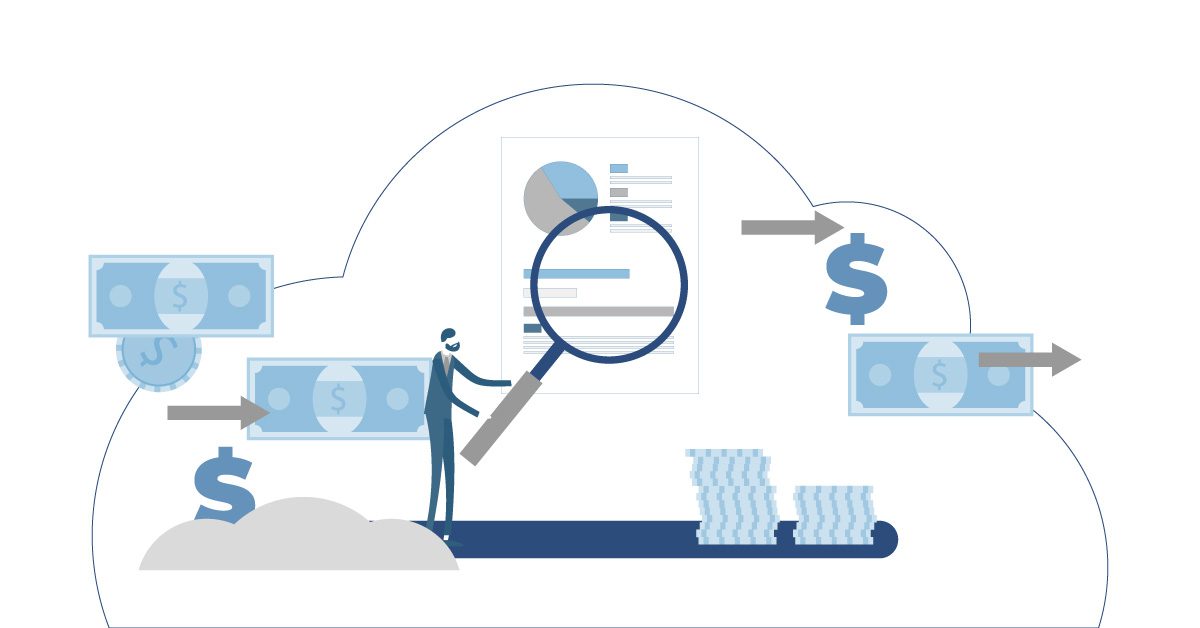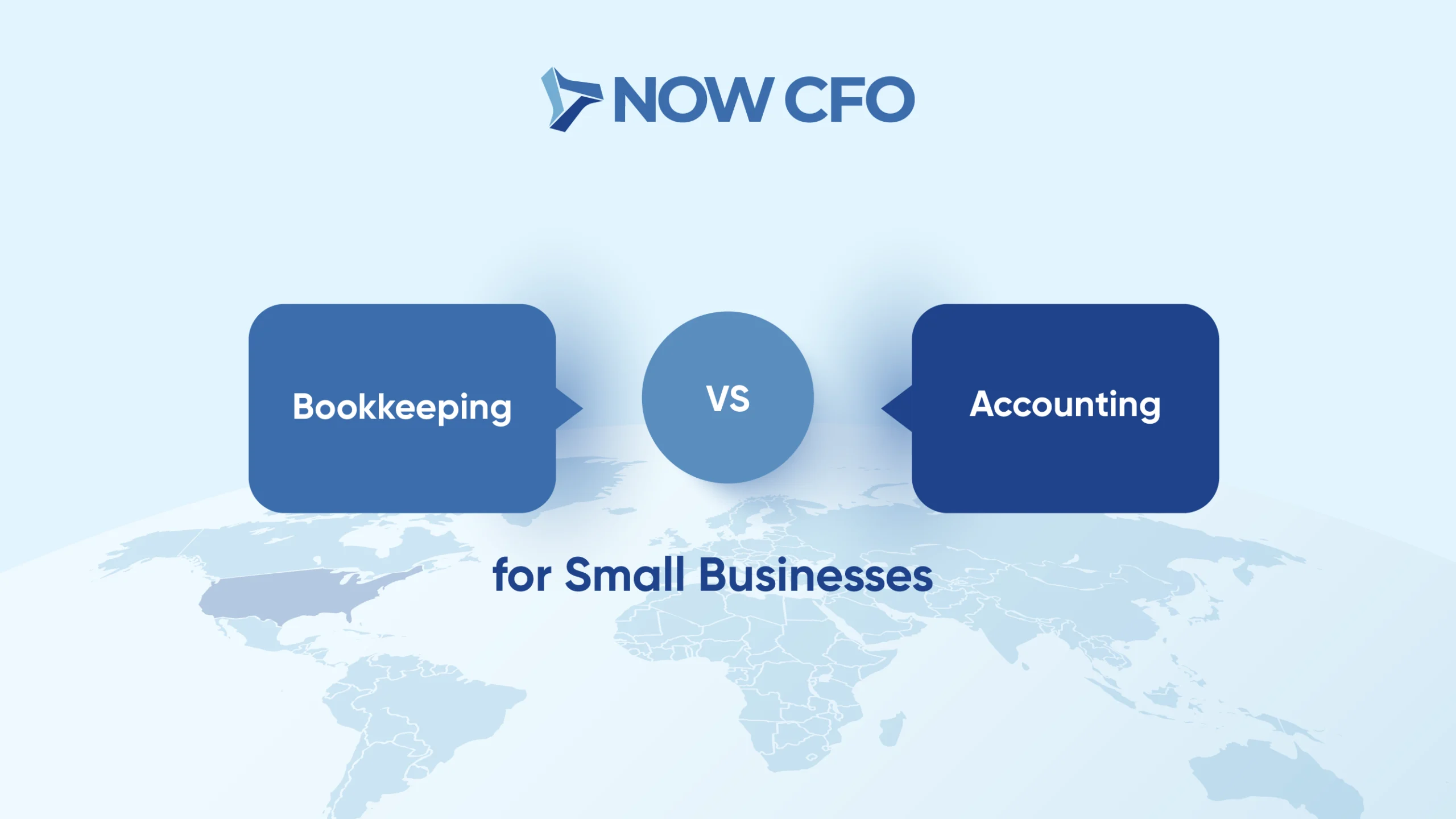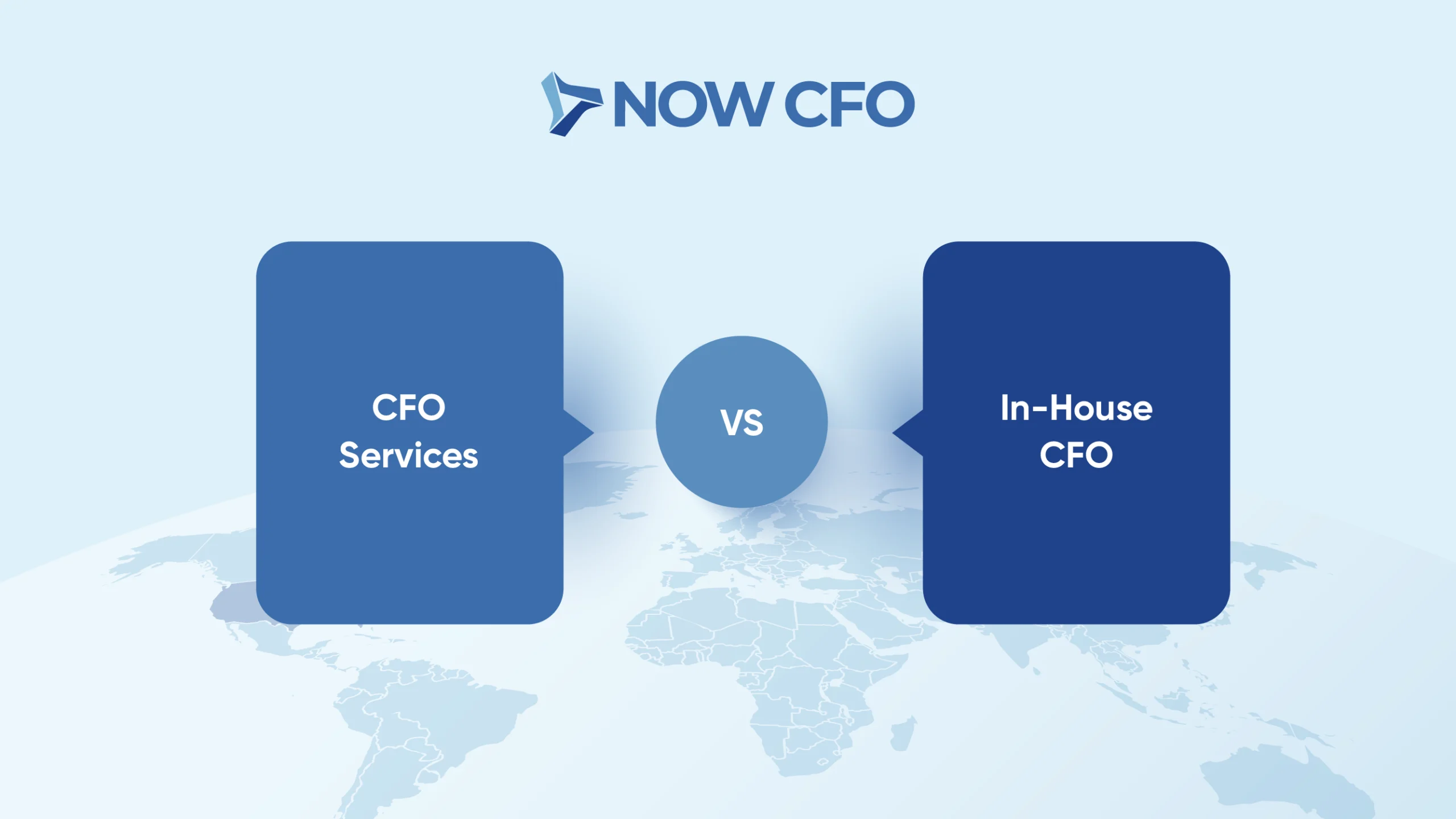
Decoding the Income Statement
An income statement, also known as a profit and loss statement, is a financial report that summarizes a company’s revenues, expenses, and profits over a specified period. It is one of the three primary financial statements used by businesses, alongside the balance sheet and cash flow statement, to evaluate their financial performance and make informed business decisions.
The income statement typically includes the following key components:
- Revenue: The total income generated by the sale of goods or services.
- Costs of Goods Sold (COGS): The direct costs attributed to the production of goods or services sold.
- Gross Profit: The difference between revenue and COGS.
- Operating Expenses: The cost incurred in running the business, excluding COGS.
- Operating Income: The difference between gross profit and operating expenses.
- Non-Operating Income and Expenses: Income and expenses that are not directly related to the business’s core operations, such as interest and taxes.
- Net Income: The final profit or loss after all revenues and expenses have been accounted for.
Why Does Your Business Need an Income Statement?
The income statement is a crucial tool for businesses as it provides a clear and comprehensive overview of their financial performance. Here are some of the reasons why businesses need an income statement:
- Assessing Profitability: The income statement allows you to evaluate your profitability by comparing revenues and expenses. This helps in determining if the company is making money or incurring losses.
- Making Informed Decisions: Business owners and managers use the income statement to make informed decisions about pricing, cost control, and other strategic aspects of the business.
- Attracting Investors: A strong income statement is often a key factor that attracts investors and lenders, as it provides a clear picture of the company’s financial health.
- Compliance: In some cases, businesses are required to prepare an income statement for tax and regulatory purposes.
Challenges of Preparing an Income Statement
Despite its importance, preparing an income statement can be challenging, especially for small businesses with limited resources. Some of the common challenges include:
- Lack of Accurate Data: The accuracy of the income statement depends on the quality of the data used to prepare it. Inaccurate or incomplete data can lead to incorrect financial statements.
- Complex Accounting Rules: The preparation of an income statement involves complex accounting rules and regulations that can be difficult to understand and apply correctly.
- Time-Consuming: Preparing an income statement can be time-consuming, especially for small businesses that may not have a dedicated finance team.
- Limited Resources: The national average pay of an accountant in the U.S. is $65,556, which can be a substantial amount for some small businesses.
How to Overcome These Challenges?
Despite the challenges, there are several ways that businesses can overcome the obstacles of preparing an income statement:
- Invest in Accounting Software: Accounting software can simplify the preparation of the income statement by automating data entry and calculations.
- Hire an Outsourced Accountant: Outsourcing the preparation of the income statement can help ensure accuracy and compliance with accounting rules without the expense of a full-time in-house accountant.
- Keep Accurate Records: Maintaining accurate and up-to-date financial records is crucial for preparing an accurate income statement.
- Educate Yourself: Business owners and managers should educate themselves about the basics of accounting and financial statements to better understand the income statement and its importance.
The income statement is a compass that can guide a business toward financial stability and success. Understanding and leveraging this powerful tool is a testament to your company’s commitment to growth and financial health. However, you need not face the challenges of creating accurate and insightful income statements alone. By partnering with NOW CFO and our team of outsourced accounting professionals, you can rest assured that your financial reporting is in expert hands, allowing you to focus on what you do best – running your business. Secure your financial future today and experience the peace of mind of having NOW CFO on your side.
Get Your Free Consultation
Gain Financial Visibility Into Your Business
We provide outsourced CFO, fractional CFO, and temporary CFO, Controller, and operational Accounting services that suit the needs of your business.
- Hourly Rates
- No Hidden Fees
- No Long Term Requirements
NOW CFO provides the highest level of expertise in finance and operational accounting to accelerate results and achieve strategic objectives for sustainable growth and success.
After completing the form, a NOW CFO Account Executive will reach out and learn more about your needs so that we can pair you with the right Partner.
Learn More: Decoding Financial Statements














